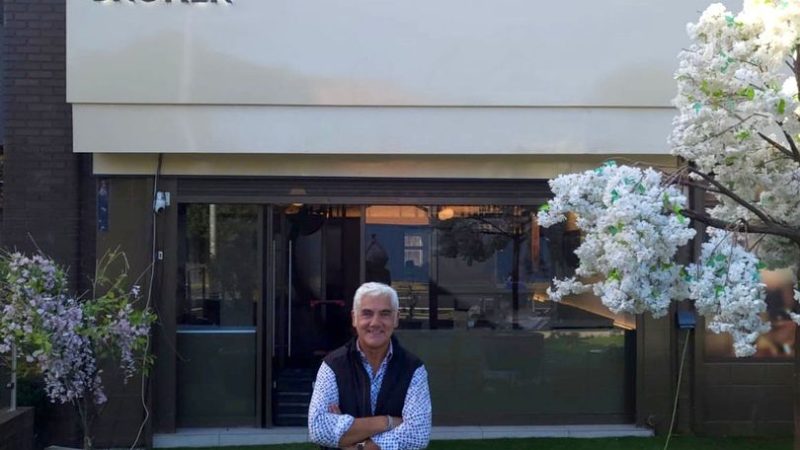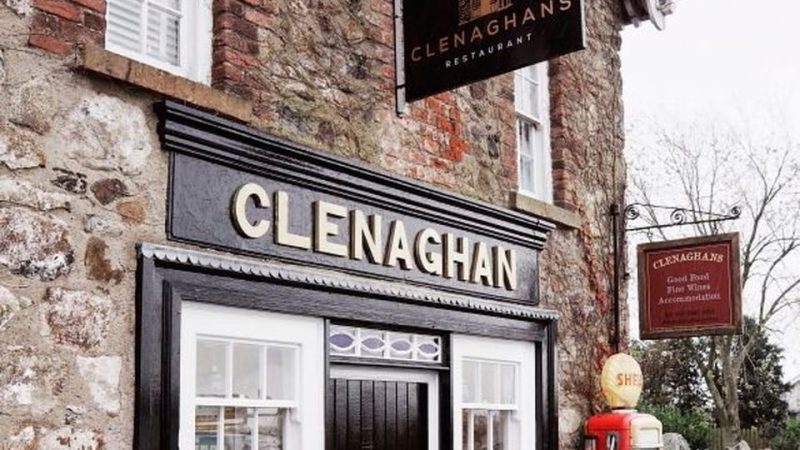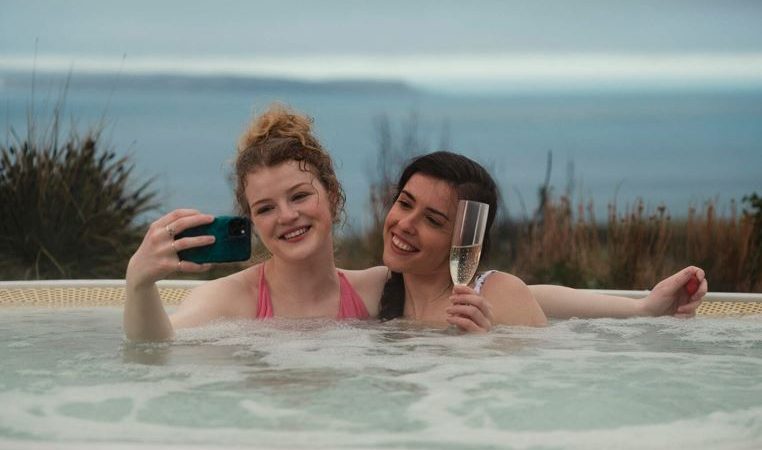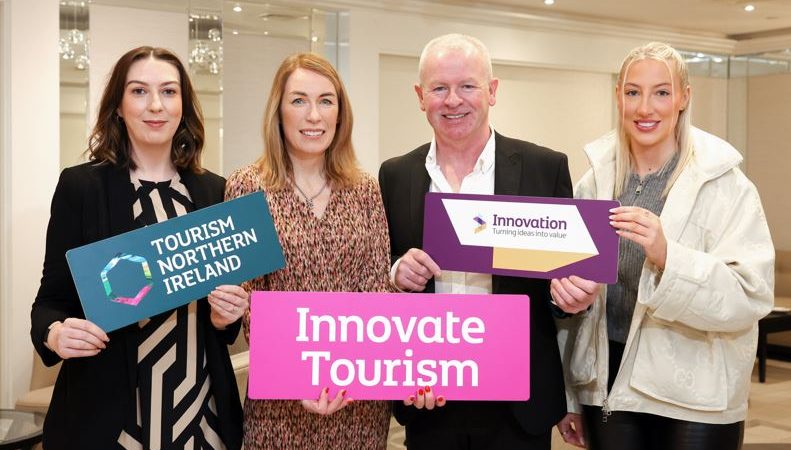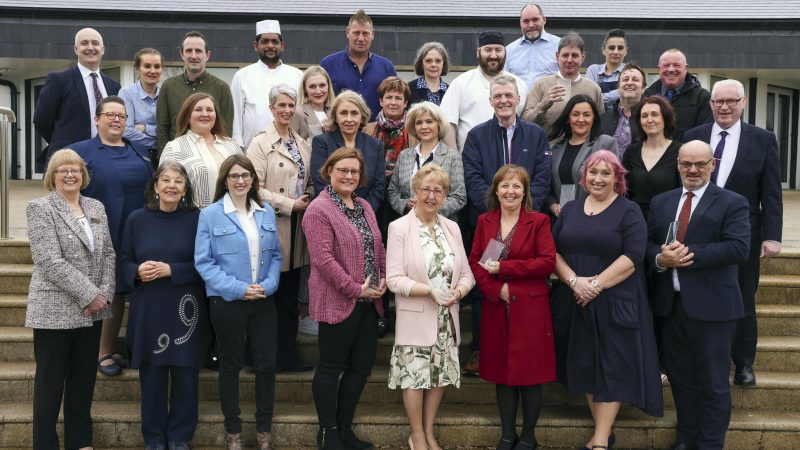ASM report flags another record year for hotel sector
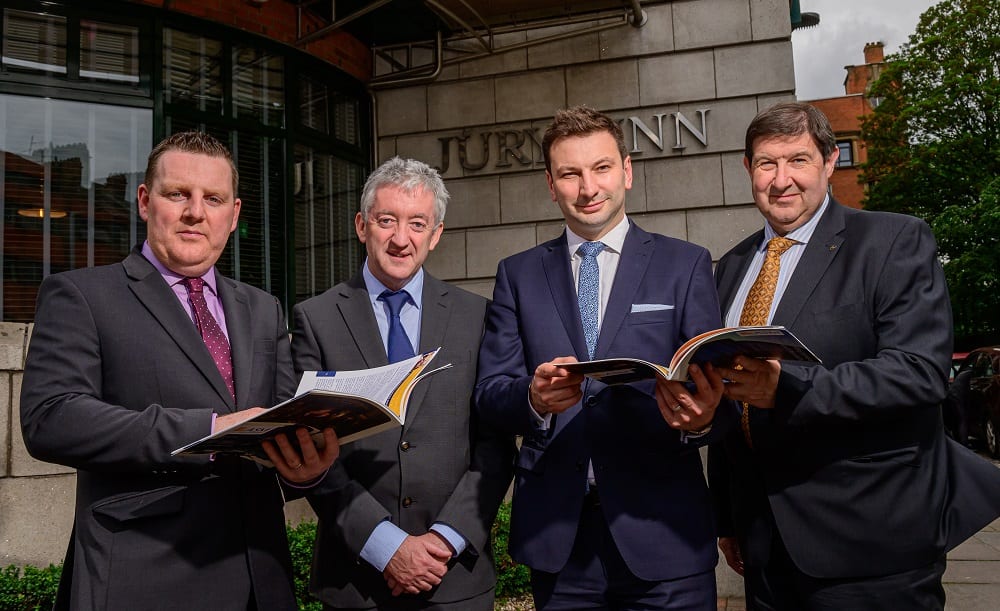
The latest annual hotel industry survey for Northern Ireland from ASM Chartered Accountants has revealed another record year for the sector here.
Unprecedented demand for bedrooms across NI in 2018 led to the sale of 2.36m room nights – an increase of 115,000 or five per cent on the previous year.
And on an NI-wide basis, average room rates have increased by 7.1 per cent to a record £96.90.
Yet, the sheer pace of new hotel openings and expansions, particularly in the capital, also means that occupancy rates across the country have fallen slightly, down to 75.6 per cent from 76.8 per cent in 2017.
ASM’s much-anticipated annual report gathers vital and detailed information from three, four and five-star hotel properties in Northern Ireland.
Other headline findings from this year’s survey include:
- The average room yield for 2018 was £73.28, a 5.4 per cent increase year-on-year.
- Total revenues per room increased by 4.4 per cent to £69,158, although Belfast hotels and resorts/spas saw a decline in food and beverage sales.
- Higher operating costs have meant that profit before deductions declined by 2.4 per cent to an average of £13,567 per room.
According to the survey, hotels in rural areas have also been experiencing higher bedroom demand and revenue increases across the board. Bedroom occupancy improved by one per cent to an average of 72.3 per cent and total revenues increased by five per cent to £98,654 per room.
In Derry/Londonderry, bedroom occupancy was one per cent lower than in 2017, but higher room rates and better income from services meant that total revenues still improved by 5.3 per cent to an average of £42,109 per room.
ASM’s director of consulting, Michael Williamson, acknowledged that the rate of growth in the hotel sector in 2018 had been twice that of the previous year – with 2.36m occupied rooms in NI in 2018, a new record has been set, he said, but he cautioned:
‘Room rates have continued to improve, but overall revenue performance has been somewhat patchy in other areas of hotel operations. The Brexit issue seems to have sapped confidence in the business community since bookings from this market have fallen.
‘The decline in the value of sterling has certainly helped drive higher volumes of out-of-state visitors into Northern Ireland, but the flip side of that coin, and the general uncertainty surrounding Brexit, is that input costs have increased while the pool of experienced staff from EC countries has reduced, leading to increased staffing costs…I expect this situation to carry over into 2019 at least.’



